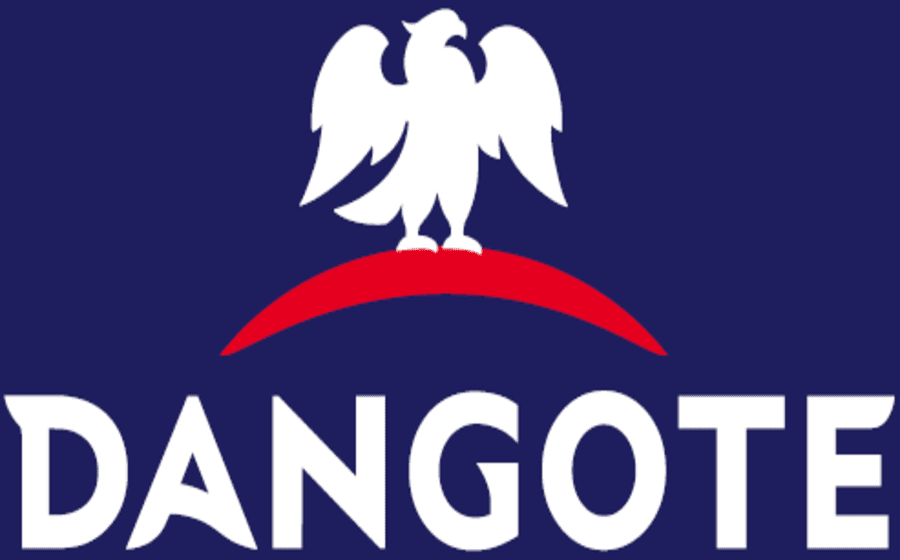Contrary to its performance in first quarter (Q1), second quarter results of Unilever Nigeria released recently showed strength with a N23.42 billion turnover in period under review.
Facts and figures from the result indicated an encouraging leap in Q2 as it recorded a 24% increase in its profit after tax which stood at N1.9 billion.
Whereas the group set a record growth of 18% in its turnover from N19.2 billion in Q1 2019 to N23.4 billion in Q2 2019, the result shows a decline of 11% in its turnover from N48.1 billion in June 2018 to N42.6 billion in June 2019.
Though profit after tax (PAT) presented drop by 37% from N5.6 billion in June 2018 to N3.5 billion in June 2019, an encouraging rise of 24% can be seen from a profit of N1.5 billion in Q1 2019 which jumped to N2 billion within the quarter under review.
In Q2, cost of sales decreased marginally by 4.5% from N32.8 billion in June 2018 to N31.3 billion in June 2019 in line with the decrease in turnover while cost of sales increased by 3.6% to N15.9 billion in Q2 2019 from N15.4 billion in Q1 2019 also in line with the marginal increase in Q2 turnover.
Based on the result, the company assured shareholders of sustained growth in the company’s operations with a target of hitting better returns on their investments going forward.
Managing Director, Unilever Nigeria, Mr. Yaw Nsarkoh, in his remarks noted that “Although Unilever Nigeria continues to operate in a tough environment, we are now beginning to see momentum behind enhanced costs and operational efficiencies. Unilever Nigeria remains focused on its short- and long-term growth ambitions with a clear emphasis on cost and operational efficiencies, increasing market share across key categories, reinvesting behind our iconic brands and improved route-to-market.”
He also averred that “These strategic initiatives rest on our global best practices, strong heritage as well as the professionalism of our people.”
Business Hilights recalls that Unilever remains one of the leading manufacturers of Nigeria’s fast moving consumer goods which had been with the economy for decades.









